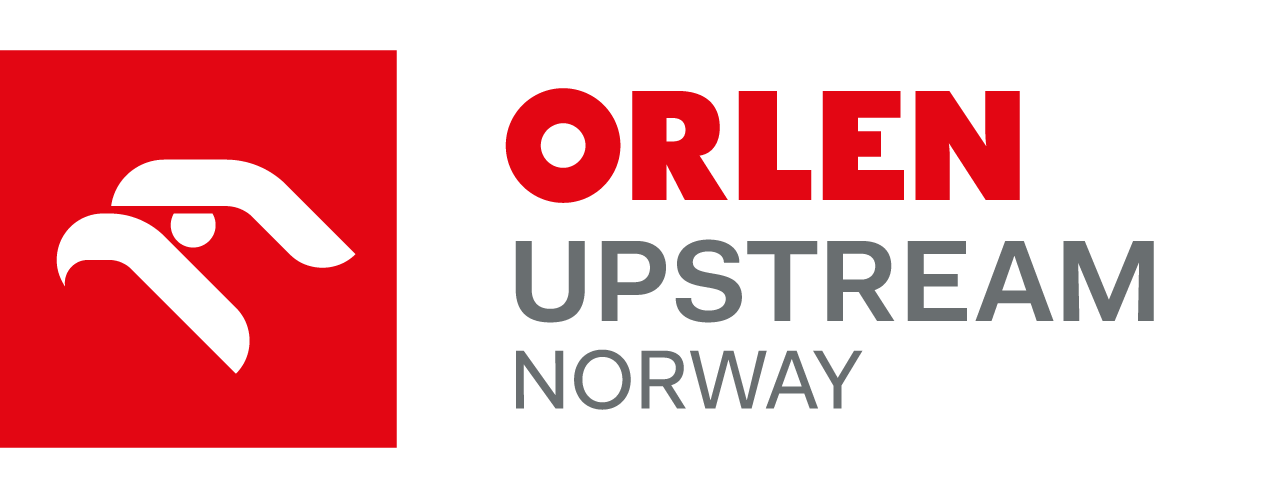13.05.2021
PGNiG Group to test new predictive maintenance technologies in heat generation
Models to predict potential equipment failures will support the operation of a gas-fired unit at the Żerań Combined Heat and Power Plant operated by PGNiG TERMIKA. This is another initiative born from PGNiG’s engagement with startups.
The pilot predictive maintenance project will be run by PGNiG in partnership with ReliaSol. The project’s objectives will be to develop predictive analytical models for a new gas-fired boiler as well as a failure detection model, and to check the effectiveness of the models based on historical data.
“The use of artificial intelligence to analyse data and develop advanced algorithms would give energy companies the ability to monitor plant performance and to respond before any malfunction occurs. We can predict a potential failure and avoid the consequences of unexpected downtime. This is extremely important for maintaining process continuity in heat generation and other sectors,” said Arkadiusz Sekściński, PGNiG’s Vice-President for Development. “During the pilot phase, we will work with a startup that was previously engaged in one of our acceleration programmes,” he added.
PGNiG TERMIKA will provide ReliaSol with historical process, unit operation and maintenance data relating to all unwanted incidents and maintenance work performed on the new gas-fired boiler. Based on that data, a predictive analytical model and a failure detection model will be developed. It will then be possible to run a check through the historical data set to find out how many failures could have been predicted and determine the false alert rate.
“The project will be implemented on a power generation asset of PGNiG TERMIKA, namely a boiler with a thermal capacity of 130 MWt – one of the three new gas-fired peak-load reserve boilers located at the Żerań CHP Plant. The initiative is therefore intended to support the company’s principal business. The project deliverables are expected to optimise the planning of overhaul and maintenance work and, in particular, to reduce the number of outages for emergency repairs resulting from natural wear and tear of the boiler’s structural parts. They will also support the process of deploying our maintenance resources and improve cost effectiveness,” stressed Jarosław Maślany, Vice-President of the Management Board of PGNiG TERMIKA, Operations.
If the pilot tests deliver positive results, the most effective predictive models will be recommended for implementation at PGNiG TERMIKA. This should contribute to enhanced productivity and efficiency, while extending the plant’s lifetime. Minimising the risk of unplanned downtime will enable more accurate forecasting of spare part requirements, bringing down the plant’s operating costs.
ReliaSol was engaged in the IDEA Global HugeTech acceleration programme, partnered by PGNiG. It is also one of the startups selected to cooperate with the PGNiG Group on innovative pilot projects. Recently, PGNiG has also partnered with the KPT ScaleUP accelerator operated by the Kraków Technology Park. Both operate within the framework of a governmental acceleration programme co-financed by European funds, operated by the Polish Agency for Enterprise Development. Previously, PGNiG teamed up with the Startup Hub Poland Foundation to implement a support project intended for foreign startups operating in Poland. The Company has its own startup acceleration arm operating under the InnVento brand. For PGNiG the accelerator programmes are a source of innovative projects that are at a late or advanced development stage.


